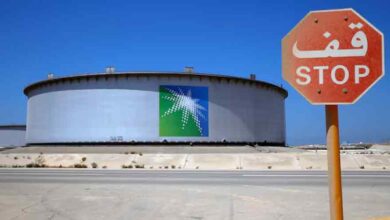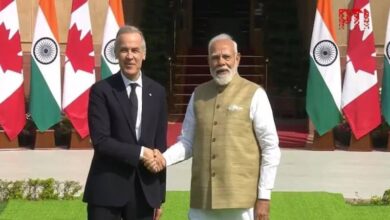As the final round of negotiations between Pakistan and the International Monetary Fund (IMF) set to conclude today, the government has successfully convinced the global lender that no mini-budget will be introduced before the end of June.
Officials from the Ministry of Finance claim the IMF has expressed satisfaction with the country’s economic performance, paving the way for the release of the next tranche of $1 billion under the $7 billion loan programme.
Sources privy to the discussions revealed that IMF officials, led by Nathan Porter, held extensive meetings with Federal Finance Minister Muhammad Aurangzeb, where the economic performance of the first half of the fiscal year and future policy goals were reviewed.
The Fund reiterated its demand for broadening the tax base, particularly in the retail, wholesale, real estate, and dealership sectors, stressing that more businesses should be brought under the tax net to ensure sustainable revenue generation.
Tax reforms and economic targets
During the meetings, the Federal Board of Revenue (FBR) managed to satisfy the IMF by showing an improved tax-to-GDP ratio. In response, the Fund agreed to reduce the annual tax revenue target from Rs 12,970 billion to Rs 12,370 billion, alleviating concerns about the need for a mini-budget.
The IMF has, however, demanded the elimination of tax exemptions for the wealthy elite, particularly in agriculture and industrial sectors. Large landlords are expected to be taxed under the agricultural income tax framework, while major industrialists will have to pay a super tax on high earnings. The IMF delegation acknowledged the government’s legislative efforts in this regard but urged swift implementation of taxation measures.
Sources confirmed that the government proposed reducing tax rates on the real estate and property sectors to curb capital flight and retain investment within the country. Additionally, the authorities assured the IMF that efforts to register traders and expand the tax base within the services sector, including professionals, will continue. The FBR has provided a written commitment to the IMF on this front.
Privatisation and structural reforms
The IMF has also emphasized the need for accelerating the privatization process of loss-making state-owned enterprises (SOEs). According to sources in the Finance Ministry, the privatization of Pakistan International Airlines (PIA) and power distribution companies (DISCOs) remains a key condition for continued financial assistance. The government has already submitted a privatization plan for three DISCOs—Islamabad, Faisalabad, and Gujranwala—under the first phase, while Multan, Lahore, and Hyderabad Electric Companies are expected to follow in the second phase.











